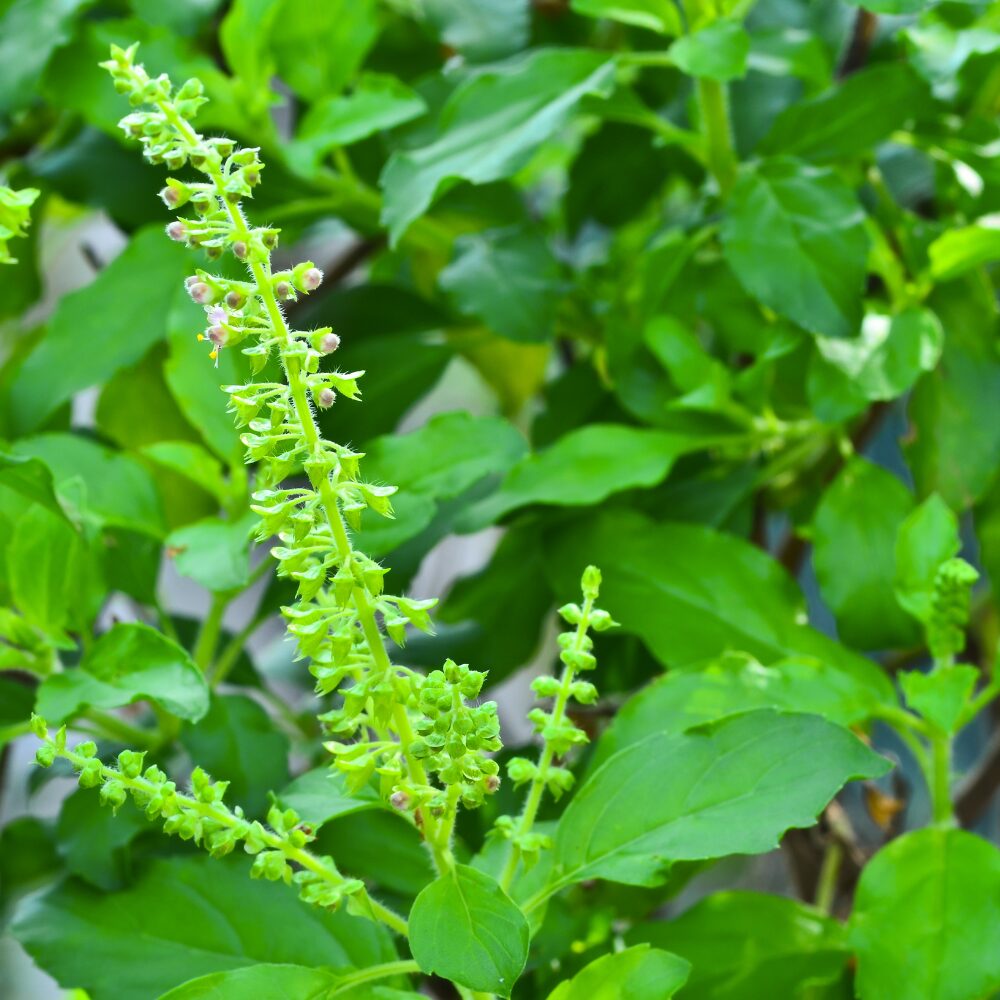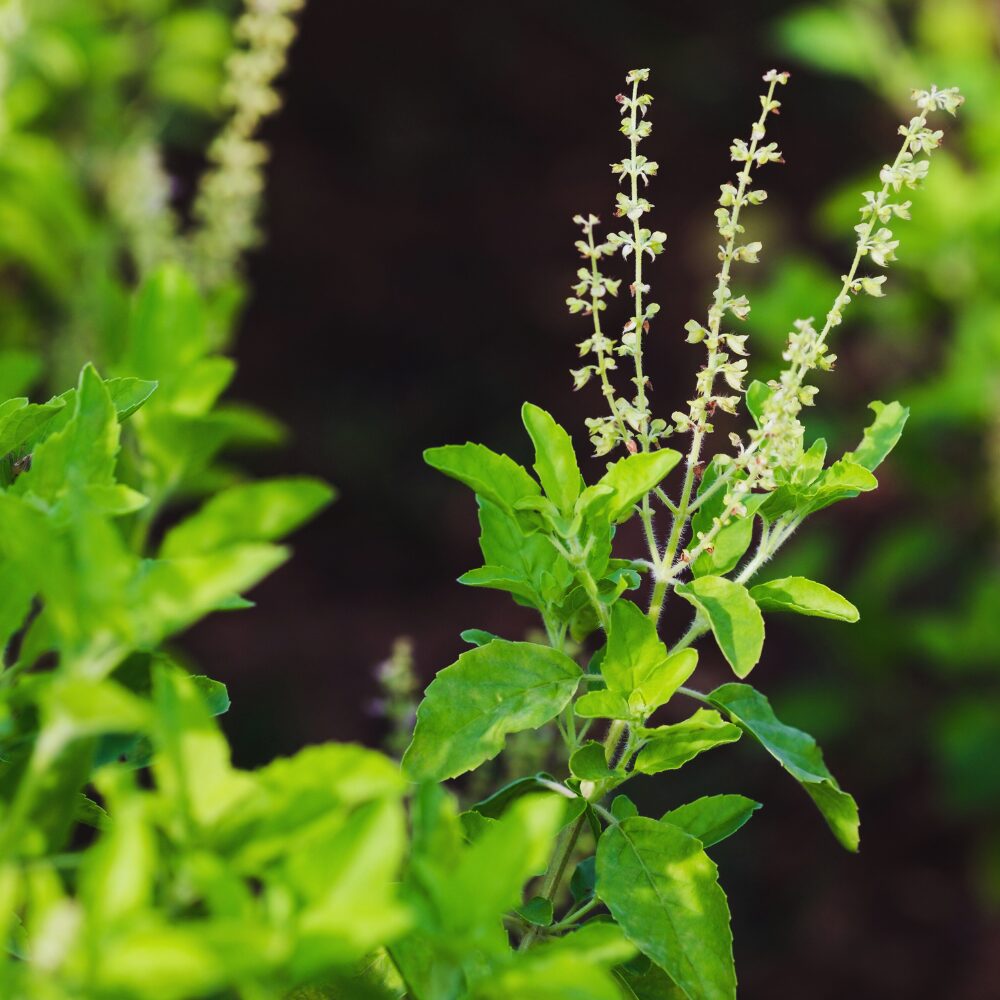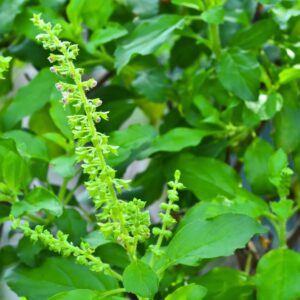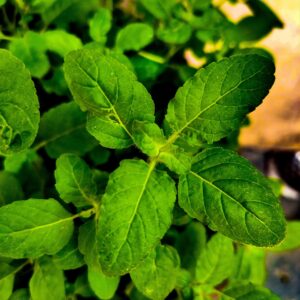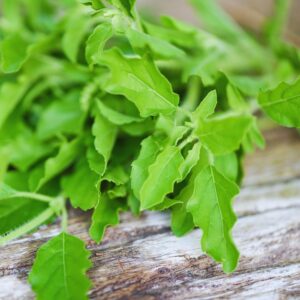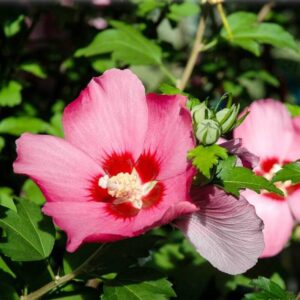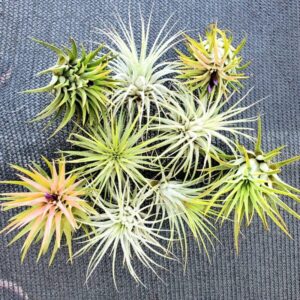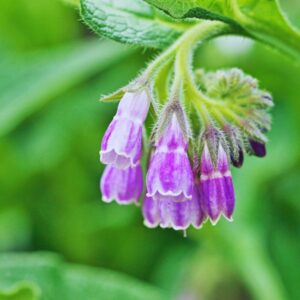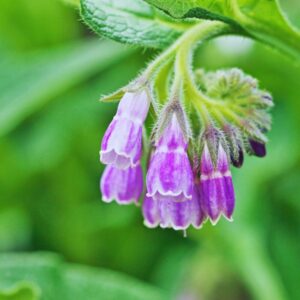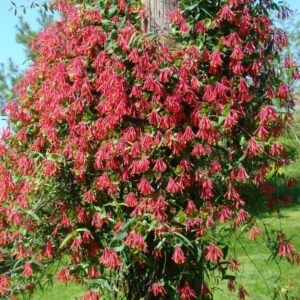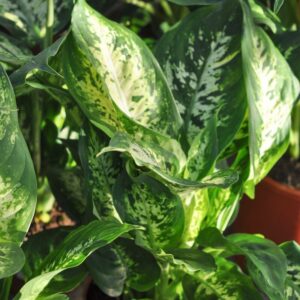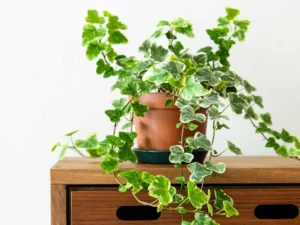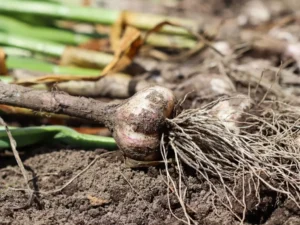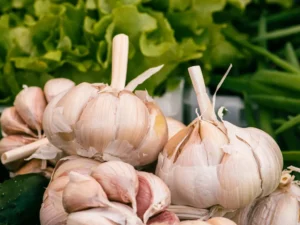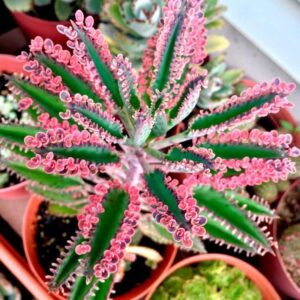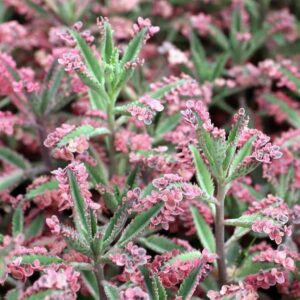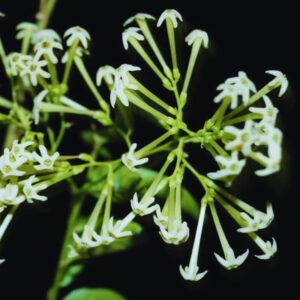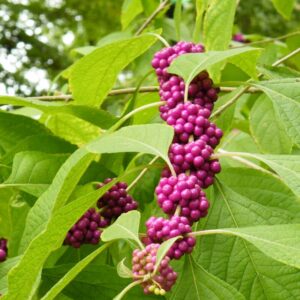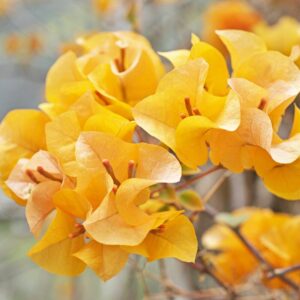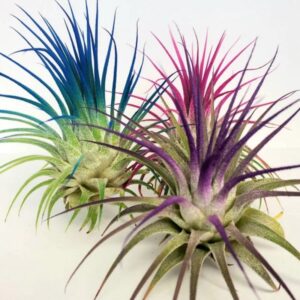3 Holy Basil Plants Live, Tulsi Holy Basil Plant Live, Holy Basil Live Plant, from 4 to 7 Inc Tall Seedling, 4” Potted, Basil Plant Pot, Easy to Plant
3 Holy Basil Plants Live, Tulsi Holy Basil Plant Live, Holy Basil Live Plant, from 4 to 7 Inc Tall Seedling, 4” Potted, Basil Plant Pot, Easy to Plant
Experience the essence of nature with our 3 Holy Basil plants. These aromatic seedlings are perfect for culinary and spiritual uses.
$22.91
Out of stock

With our Alive & Thrive Guarantee, we’ve got your back for the first 30 days! If you have any concerns about your plants, just reach out to us. Our team is here to help answer your questions and guide you in selecting the best plants for your garden, climate, and unique preferences. We're excited to help you create the garden of your dreams!
-
USDA Hardiness Zone
10-11 -
Soil type
Well-draining, nutrient-rich soil -
Sunlight Exposure
6-8 hours of direct sunlight -
Expected Planting Period
Spring or summer for outdoor growth; year-round indoors
Discover the Benefits of Holy Basil Plants
Holy Basil plants (Ocimum sanctum), commonly known as Tulsi, are cherished for their culinary, medicinal, and spiritual significance. These live seedlings, ranging from 4 to 7 inches tall, are shipped in individual 4-inch pots, ensuring you receive healthy plants ready to thrive in your garden.
Ideal for both indoor and outdoor spaces, Holy Basil plants can reach up to 24 inches in height, making them a bushy and compact addition to any garden. They flourish in warm climates but can also be grown indoors with adequate sunlight, making them perfect for novice gardeners and experienced plant enthusiasts alike.
These plants prefer well-draining, nutrient-rich soil and need 6-8 hours of direct sunlight daily. Planting is best done in spring or summer, but they can be grown year-round indoors. With proper care, you can enjoy the aromatic leaves for culinary uses and as a natural air freshener.
Benefits of Growing Holy Basil:
- Fragrant leaves for teas and cooking
- Spiritual significance and health benefits
- Perfect for small spaces and container gardening
- Attracts pollinators, enhancing your garden’s ecosystem
- Easy to maintain for beginners
FAQs:
- How do I care for these Holy Basil plants? Place in a sunny location with well-draining soil and water moderately.
- Can I grow these plants indoors? Yes, they thrive near sunny windows or under grow lights.
- How often should I water the plants? Water when the top inch of soil feels dry.
- Are the leaves edible? Absolutely! They are great for teas and traditional dishes.
- Do these plants attract pests? Holy Basil is generally pest-resistant and helps repel certain insects.

